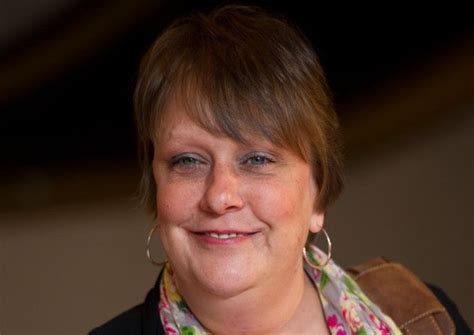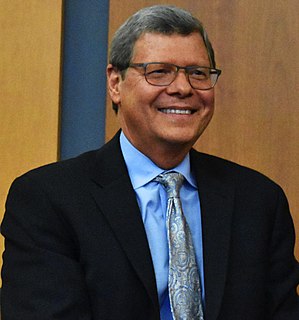A Quote by Michel de Montaigne
If faces were not alike, we could not distinguish men from beasts; if they were not different, we could not tell one man from another.
Related Quotes
Where did all the women come from? The supply was endless. Each one of them was individual, different. Their pussies were different, their kisses were different, their breasts were different, but no man could drink them all, there were too many of them, crossing their legs, driving men mad. What a feast!
History is a continuum, it's not these separate moments. That's how we look at it. In the 1700s in Virginia before there were police officers - there were these groups of men who would wander the countryside - and if they saw a black man or a black woman they would presume that that black man or woman was a slave. If you didn't have the kind of pass that you were supposed to have, then you could be whipped, you could be enslaved, you could be taken into custody - even if you were free. And as I'm reading this I find myself thinking, "How is this any different from stop-and-frisk?"
Let me tell you something. As we were walking around in the store, Marilyn and I were just really impressed by all the novelties and the different types of little things that you could get for Christmas. And all the people that would help you, they were dressed up in things that said 'I believe in Santa Claus.' And the only thing that I could think is that I believe in George Bush.
Men who sincerely abhorred the word Communism in the pursuit of common ends found that they were unable to distinguish Communists from themselves…. For men who could not see that what they firmly believed was liberalism added up to socialism could scarcely be expected to see what added up to Communism. Any charge of Communism enraged them precisely because they could not grasp the differences between themselves and those against whom it was made.
There were always men looking for jobs in America. There were always all these usable bodies. And I wanted to be a writer. Almost everybody was a writer. Not everybody thought they could be a dentist or an automobile mechanic but everybody knew they could be a writer. Of those fifty guys in the room, probably fifteen of them thought they were writers. Almost everybody used words and could write them down, i.e., almost everybody could be a writer. But most men, fortunately, aren't writers, or even cab drivers, and some men - many men - unfortunately aren't anything.
I don't think that there's a target audience at all. These stories were in circulation. The stories were told by men, told in the marketplace by men, but also behind doors by women, but there's no real record of this. It's likely they were told by women to children in their interior rooms. The story could be a negative story, they could be presented as a, "Watch out! Women will get round you, do things to you, weave you in their toils." It could be buried in it an old cautionary story about women and their wiles.
I always think about what it means to wear eyeglasses. When you get used to glasses you don't know how far you could really see. I think about all the people before eyeglasses were invented. It must have been weird because everyone was seeing in different ways according to how bad their eyes were. Now, eyeglasses standardize everyone's vision to 20-20. That's an example of everyone becoming more alike. Everyone could be seeing at different levels if it weren't for glasses.
Grandad taught me that the alien signs and symbols of algebraic equations were not just marks on paper. They were not flat. They were three-dimensional, and you could approach them from different directions, look at them from different ways, stand them on their heads. You could take them apart and put them back together in a variety of shapes, like Legos. I stopped being scared of them.









































